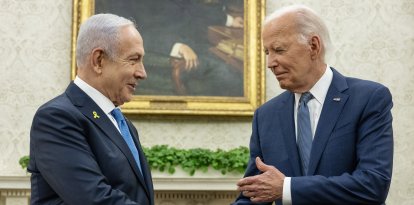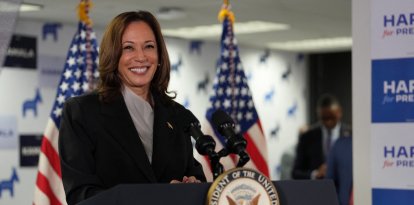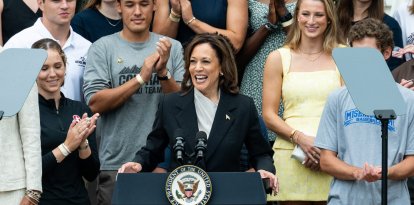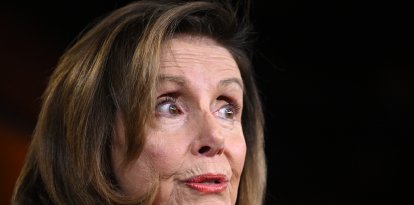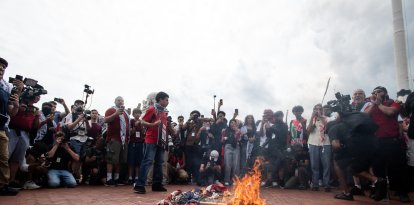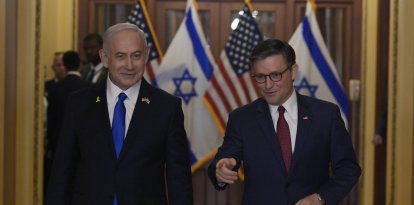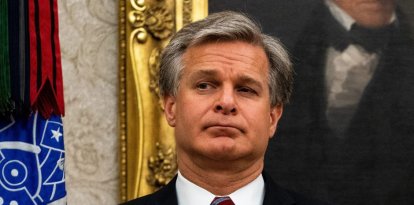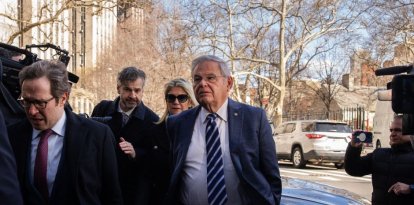Joe Biden ends his Middle East tour
Oil prices, Iran and the Israeli-Palestinian conflict have been the most important issues.
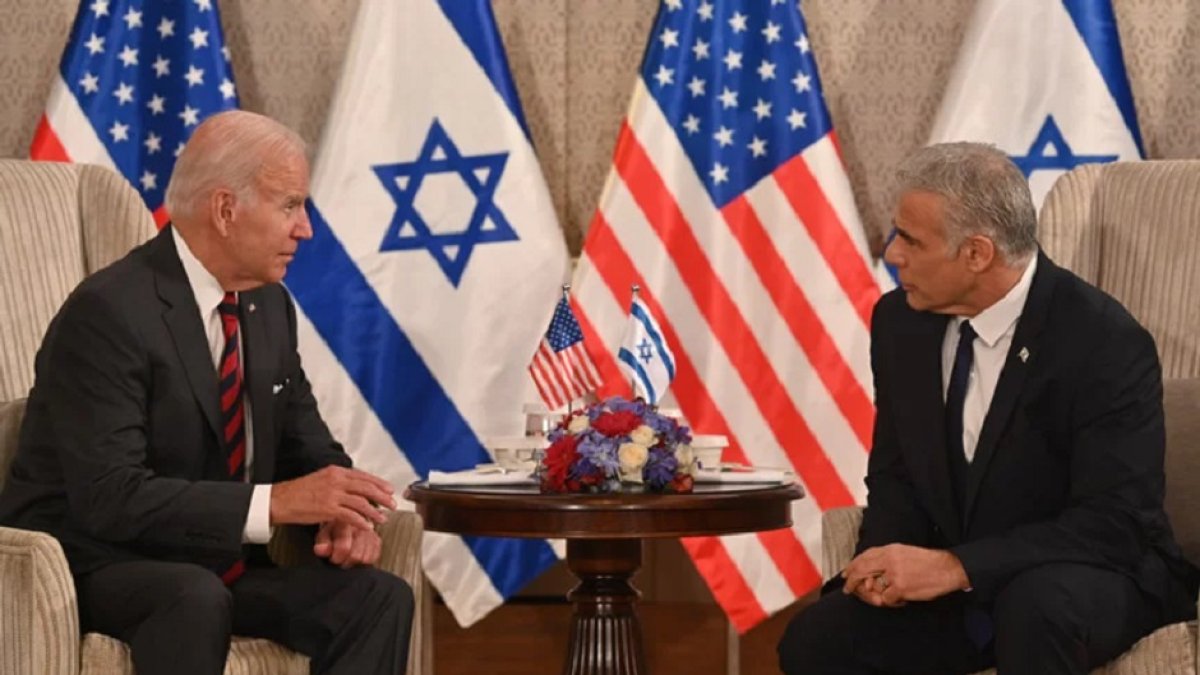
Joe Biden & Yair Lapid (GOP).
U.S. President Joe Biden returns home with a very positive assessment of his tour of the Middle East. The main mission of this trip was to strengthen ties with his partners in the Middle East. Security and defense were two of the most important issues discussed during the tour, especially in view of the conflicts in the region.
This was Biden's first visit to the region since he came to power in 2021. It was one of the most eagerly awaited appointments since it is customary for U.S. leaders to have this trip at the top of their agenda.
Israel, first stop on Joe Biden's visit
First of all, Biden wanted to visit Israel, as a statement of intent. The alliance between the two countries is one of the most stable in the region. As other US presidents have done before, Biden paid homage to the victims of the Holocaust at Yad Vashem in one of his first official acts on Israeli soil. He had time to talk with Israeli leaders Yair Lapid (Prime Minister) and Isaac Herzog (President) and to deepen his diplomatic work. There, he assured that he would work with the Saudis to restore air communications (to lift the ban imposed by Arabia), as well as to ease tensions in the Red Sea. He also wanted to clarify that he sees the famous two-state solution as the only possible way to resolve tensions in the area. However, he considers that we are not yet in the right climate for this to be resolved: "the best option to guarantee freedom, prosperity and democracy for Israelis and Palestinians".
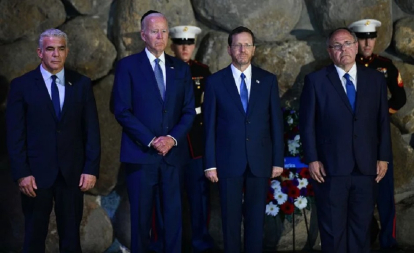
Joe Biden acompañado de los mandatarios israelíes en Yad Vashem.
Another key point was the visit to East Jerusalem, the point of conflict between Israel and the AP. He visited a Palestinian hospital and met with Mahmoud Abbas in Bethlehem. The president of the PA wanted to get a commitment from Biden to support his cause.
However, Biden only wanted to provide financial aid to strengthen the United Nations Relief and Works Agency for Palestine Refugees in the Near East (UNRWA). Biden has pledged $316 million in economic aid for the most vulnerable population. The peace talks have been on hold since 2014, and this official visit by Joe Biden to the Middle East does not seem to be the only way to resume them.
Saudi Arabia's oil supply
Biden arrived in Saudi Arabia in search of alternatives to Russian oil. He was received by the crown prince and 'de facto' ruler, Mohammed bin Salman (MbS), with whom he greeted with a fist bump (they did not shake hands). This greeting, which became popular during the pandemic, was chosen to avoid a photo that would make the critics of this appointment uncomfortable. Biden has indicated that he wanted to put an end to the increase in hydrocarbon prices that keep the world's population in check. As a gesture of goodwill, Saudi Arabia said it was lifting the ban on Israeli aircraft entering its airspace.
In addition, Biden added that he was going to address thorny issues, such as freedom of expression. Biden claims that during the three-hour meeting, he confronted MbS about the murder of journalist Jamal Khashoggi. After the meeting, he commented to the press that the prince assured "personally he was not responsible for it and that he had already taken action against those responsible".
The secrecy in Saudi Arabia is such that it has not been specified what issues were discussed at this bilateral summit.
Biden praises the role of Egypt's President
Although Biden did not travel to Egypt, he did want to hold a meeting with president Abdel Fattah el-Sisi, to discuss with him the Israeli-Palestinian conflict and the crucial role played by Egypt in reviving the peace talks. This meeting was supplemented by a broader meeting of the GCC, the conglomerate of Persian Gulf countries associated in a supranational entity.
Jeddah Security and Development Summit
The Gulf Cooperation Council (GCC) is made up of Bahrain, Kuwait, Oman, Qatar, Saudi Arabia, United Arab Emirates, Egypt, Iraq and Jordan. Biden had an intense meeting with its leaders, in which he committed himself to the security and territorial defense of the US partners. Iran's destabilizing role in the region is the rallying point for these countries, which see in the US a fundamental ally.












